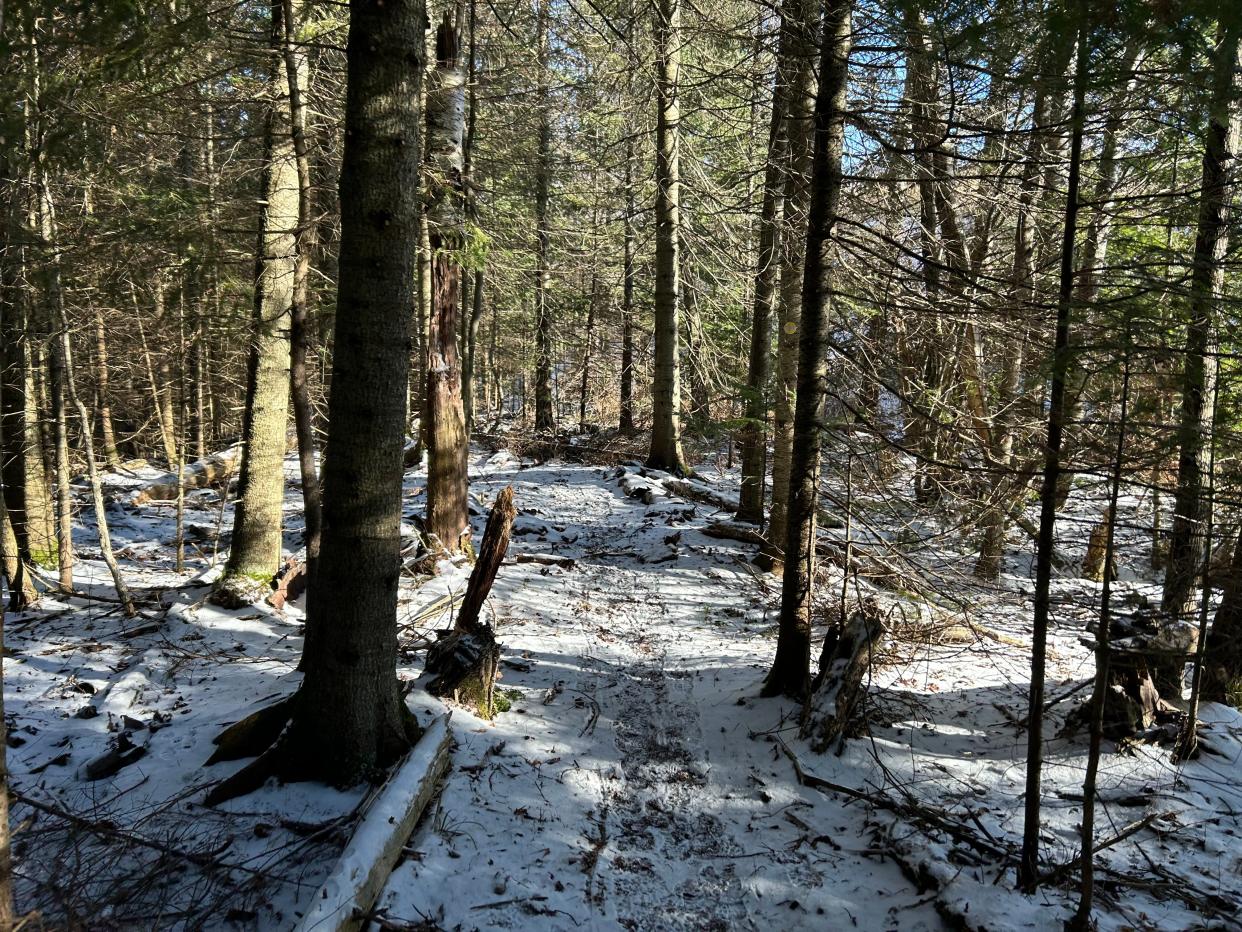Sault Tribe recognizes rights of 'non-human relatives'

SAULT STE. MARIE — The Sault Tribe of Chippewa Indians has reinforced their commitment to environmental conservation with a recent non-human relatives acknowledgment.
During a board meeting on April 23, the Sault Tribe passed a resolution stating that the tribe has an inherent responsibility to protect the rights of the natural world. The Sault Tribe is the first tribe in Michigan to officially acknowledge non-human rights.
In the resolution, the tribe recognized aspects of the natural world as the non-human relatives of the tribal people. This comes from a cultural understanding that plants, animals and even more abstract concepts such as land, water and wind are the spiritual relatives and ancestors of human beings.
The resolution, titled "Resolution establishing protection of our first family," states that humans are not the top of the evolutionary hierarchy and humans are dependent on the non-human relatives that make up the natural world. Through this resolution, the tribe acknowledges that the rights of natural relatives must be considered when making decisions affecting the local ecosystem.
“With the passage of this resolution, the Sault Tribe now joins a global Indigenous movement to take on the responsibility to protect our older and wiser More Than Human Relatives that we share this world with and on which we are mutually dependent on for survival,” said Sault Tribe Chair Austin Lowes.
While the tribe has always acknowledged the cultural significance of non-human relatives, it has not officially recognized them during plans for environmental conservation efforts. The tribe was inspired to more officially recognize their responsibilities in response to the destruction of a large portion of culturally significant northern white cedar trees in the Hiawatha National Forest.
Cedars, known as giizhik, are a significant part of Anishinaabe culture. It is one of the tribe’s four sacred medicines and is often considered women’s medicine because women traditionally collect its bark and leaves. While bark can be sustainably harvested, in this case dozens of cedars were stripped of their bark and left to die.
More: New tribal law protects culturally significant cedar trees
Subscribe: Get unlimited access to our coverage
While the resolution does not set up any specific guidelines of how this will affect tribal policy, officials said the goal is for the resolution to hold tribal members more accountable while taking conservation efforts into consideration.
The resolution is also meant to be a first step towards building more legal environmental protections.
“From extractive mining and forestry practices to the harmful use of pesticides and chemicals on the land to the destruction of our sacred rapids for the shipping industry that caused the introduction of invasive species into the Great Lakes, our people have witnessed generations of injury to our More Than Human Relatives,” said Lowes. “This resolution reaffirms our commitment to our shared dependence with them and to honoring our ancestors by always making decisions with the next seven generations of both human and non-human beings in mind.”
The resolution passed unanimously. Lowes said the tribe will continue to identify opportunities to update the tribal code to ensure its laws reinforce the goals stated in the resolution.
— Contact Brendan Wiesner: BWiesner@Sooeveningnews.com
This article originally appeared on The Sault News: Sault Tribe recognizes rights of 'non-human relatives'

